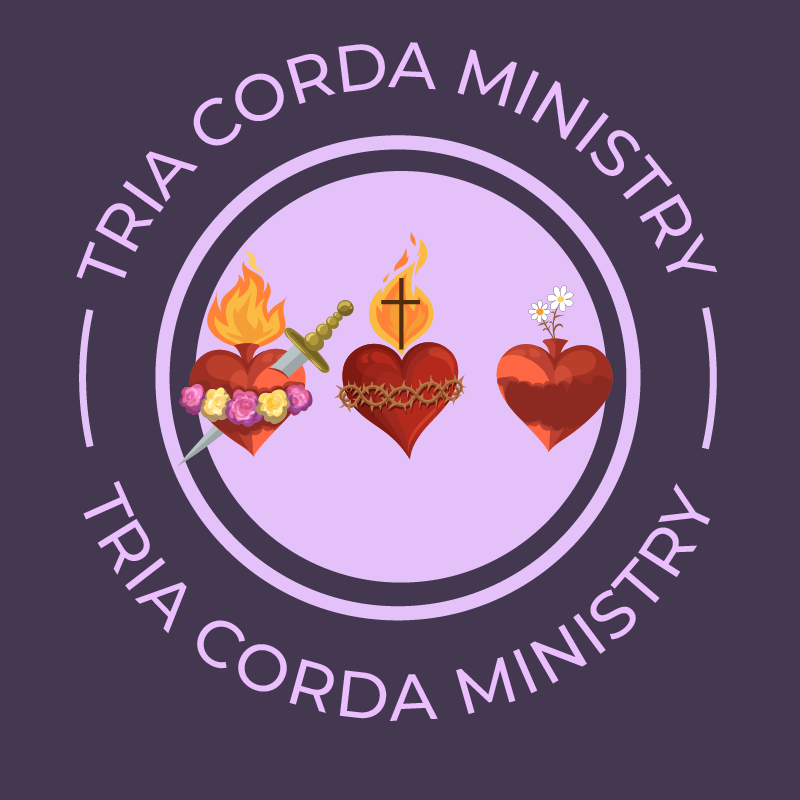The Church: A Place of Protective Factors

As we know, the odds of trauma exposure are high, so many people that we minister to as a Church have faced or will face trauma. Trauma can lead to adverse outcomes, but as we have seen, there is a lot of research showing how protective factors can make these things less likely, which can help prevent trauma from being passed on. Below are some ideas about how the Church is and can be a place that helps to increase the number of protective factors a person has. This list is not exhaustive, but I hope it will help you brainstorm how to apply this research in your community and ministry.
Faith and Spirituality
Faith, religious beliefs, and spirituality are critical protective factors, and the great news is that if we as a Church do our job to instill faith in people and help them develop a relationship with God, we are helping to instill this protective factor in those we minister to.
A byproduct of our Catholic faith is the additional protective factors of hope and meaning-making. Especially with our beliefs in Jesus’ death and resurrection, finding hope and meaning after exposure to trauma becomes a little more possible than if you’re trying to do that without God.
Additionally, with our liturgical calendar and your parish’s unique community traditions, such as holy days, festivals, and other events, we have many community traditions that people can get involved with and enjoy, which is especially protective for children.
Community
Research shows that relationships with others are so protective against the negative impacts of trauma. Jesus created the Church so we wouldn’t be on this journey alone. As a Church, we ought to be a place of community. We can make this community in both formal and informal ways.
Some formal ways that we can build community are through investing in ministries that bring people together. Things like parents’ ministries, youth ministries, Bible studies, young adult ministries, and seniors’ ministries can be integral in helping people find and build supportive friendships.
Additionally, we should encourage people to talk to those in the pews with them on Sundays instead of just getting in and out, as this can be another helpful way to build community.
Marriage
Healthy marriages can be an essential protective factor for those in them and their children. As a Church, we do an excellent job of requiring some formation for those preparing for the sacrament of matrimony, but I have seen this done poorly. We should intentionally invest in formation for our engaged couples to help them build a strong foundation for marriages.
And we shouldn’t stop there! Many churches in my area have ministries for married couples to continue their formation. We should strive to invest in those ministries to help create healthy, life-giving marriages and build community.
Parents
Healthy parenting can protect both the parent and their child, and we should do what we can as a Church to support parents and help them learn solid parenting techniques. One thing I have seen some success with is offering parenting classes and formation around the sacrament of Baptism since this can be a great touchpoint with people as they prepare to bring a child into the world.
Ministry with Children
As a long-time youth ministry volunteer, this is something near and dear to my heart. One of the most, if not the most, impactful protective factors against the effects of ACEs is to surround a child with supportive, nonparent adults. (Side note: This is also helpful in keeping them involved in the faith!). We can be that supportive adult when we work with children as a Church, whether in schools, youth ministry, or sacramental preparation.
When I learned about this protective factor, it changed my mindset when I went to volunteer. I went from solely trying to make sure the kids learned the catechetical points I needed to teach to trying to do that and being a supportive adult, with more emphasis on the latter. I knew they might not remember what I was trying to teach, but they would remember how I cared about them and loved them, which could be an important part of their childhood. We should strive to teach our youth volunteers and catechists about the importance of this so we can truly see the importance of our ministry.
Conclusion
Some of these things seem aspirational. Still, I genuinely believe that if we as a Church prioritize community-building, ministry to families, and ministry to children with these ideas in mind, we can be a place that helps foster resilience and healing in those exposed to trauma.
The good news is that many churches already do many of these things. However, I know that with priest shortages, budget cuts, etc., some of these ministries and ideas may have been put on the back burner. I challenge you, though, not to let those things keep your community from applying these ideas but to see if maybe God is calling you to put some of these ideas into practice. Please know that I will pray for you in your efforts!
